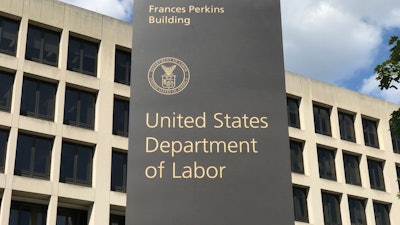
WASHINGTON, DC — The U.S. Department of Labor’s Occupational Safety and Health Administration (OSHA) recently issued a compliance directive designed to ensure uniformity in inspection and enforcement procedures when addressing respirable crystalline silica exposures in general industry, maritime, and construction.
The new directive provides OSHA compliance safety and health officers with guidance on how to enforce the silica standards’ requirements, including:
- Methods of compliance
- Table 1 tasks and specified exposure control methods;
- Exposure assessments;
- Housekeeping;
- Respiratory protection;
- Regulated areas;
- Recordkeeping;
- Employee information and training;
- Medical surveillance; and
- Communication of hazards.
The directive also provides clarity on major topics, such as alternative exposure control methods when a construction employer does not fully and properly implement Table 1, variability in sampling, multi-employer situations, and temporary workers.
OSHA began enforcing most provisions of the construction standard in September 2017, with enforcement of the requirements for sample analysis starting in June 2018. Enforcement of most of the general industry and maritime standards began in June 2018, with enforcement of some medical surveillance requirements commencing on June 23, 2020. On June 23, 2021, OSHA will begin enforcing requirements for engineering controls for hydraulic fracturing operations in the oil and gas industry.






















